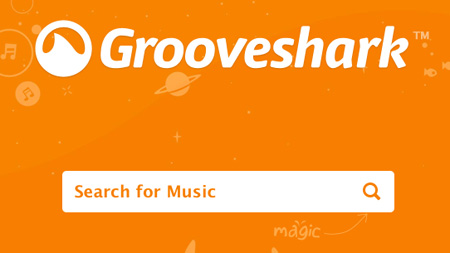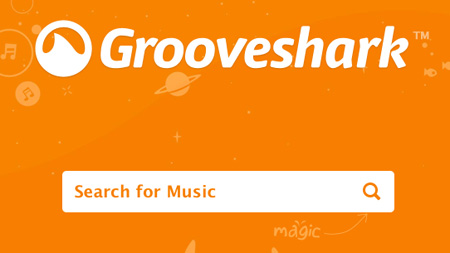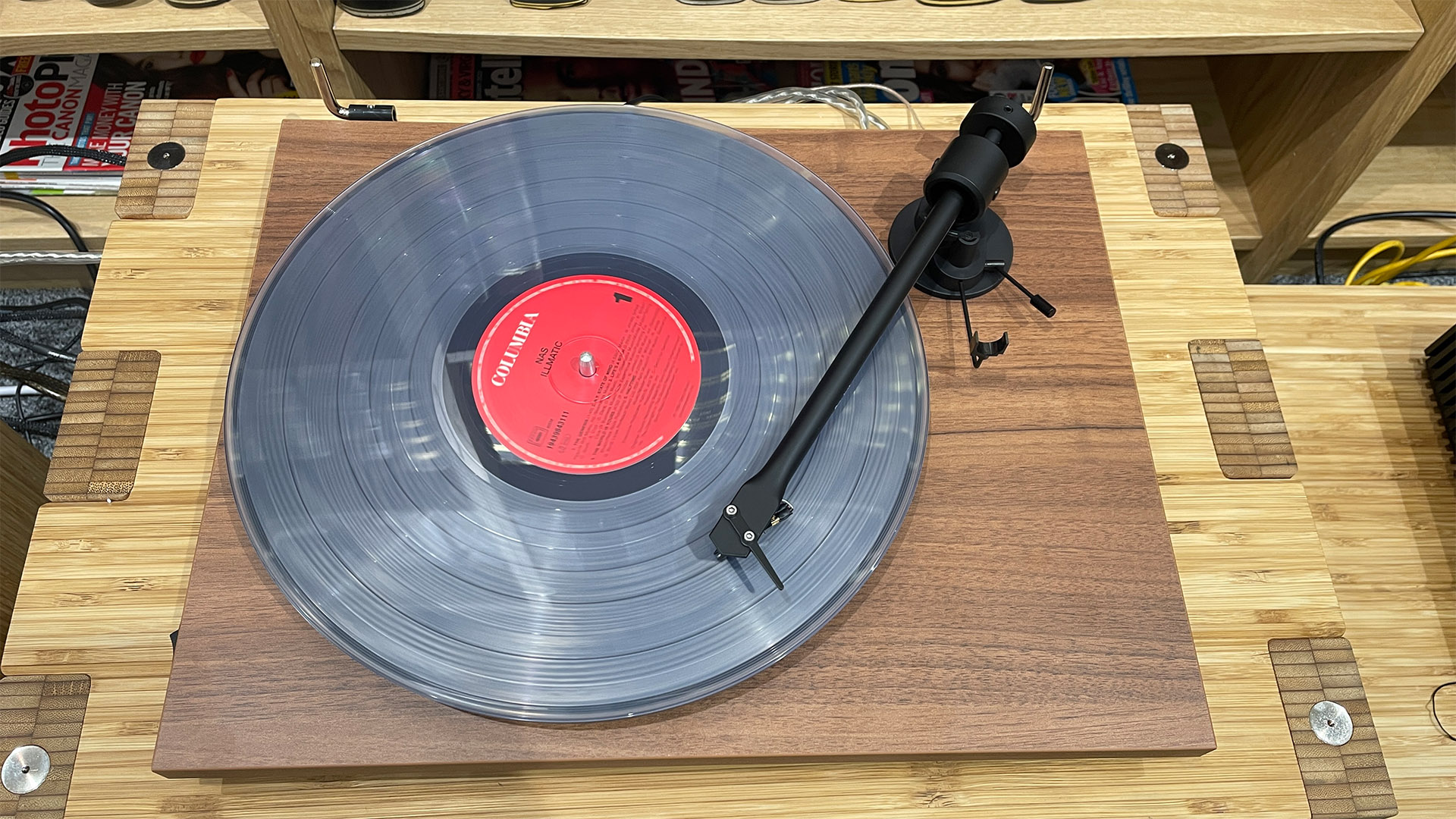UPDATE: Universal Music sues Grooveshark – execs caught bragging about not paying for music
Court documents have been released in the copyright case against music streaming service Grooveshark


UPDATE:
As the copyright case brought by Universal Music Group against Grooveshark continues, court documents have emerged apparently revealing the company's deliberate plan to avoid paying for the music it offered to users.
The potentially damning documents show emails between Grooveshark chairman Sina Simantob and another company executive.
The exchange, revealed by Hypebot and dated January 2009, reveals the company's aim to gather data on listening habits, which they could then sell to the record labels and publishers.
Simantob wrote: "...we are achieving all this growth without paying a dime to any of the labels... we use the label's songs till we get a 100 (million) uniques, by which time we can tell the labels who is listening to their music, where, and then turn around and charge them for the very data we got from them, ensuring that what we pay them in total for streaming is less than what they pay us for data mining.
"Let's keep this quite [sic] for as long as we can."
The case continues.
Get the What Hi-Fi? Newsletter
The latest hi-fi, home cinema and tech news, reviews, buying advice and deals, direct to your inbox.
Follow whathifi.com on Twitter
Published 23.11.2011
Spotify may soon have one less music streaming rival if Universal Music Group (UMG) succeeds in suing Grooveshark for copyright infringement.
UMG has filed a 93-page lawsuit against Grooveshark in New York, according to the Wall Steet Journal, accusing its parent company Escape Media Group and seven of its executives of making "a brazen decision to infringe UMG's copyrighted sound recordings".
The lawsuit names Escape Media founder and chief executive Sam Tarantino, alleging that he and other Escape Media executives personally uploaded thousands of songs onto the Grooveshark online service, which lets users listen to music for free and doesn't pay royaties to most record companies.
A Grooveshark spokesman told the WSJ: "We have reviewed the complaint and are confident the legal process will result in a favourable outcome for Grooveshark."
Some reports suggest Universal is seeking a payout of $150,000 per illegally uploaded song. With an alleged 100,000 songs uploaded to Grooveshark without permission, that would be one whopping bill – and presumably one it couldn't afford to pay.
Andy is Global Brand Director of What Hi-Fi? and has been a technology journalist for 30 years. During that time he has covered everything from VHS and Betamax, MiniDisc and DCC to CDi, Laserdisc and 3D TV, and any number of other formats that have come and gone. He loves nothing better than a good old format war. Andy edited several hi-fi and home cinema magazines before relaunching whathifi.com in 2008 and helping turn it into the global success it is today. When not listening to music or watching TV, he spends far too much of his time reading about cars he can't afford to buy.

